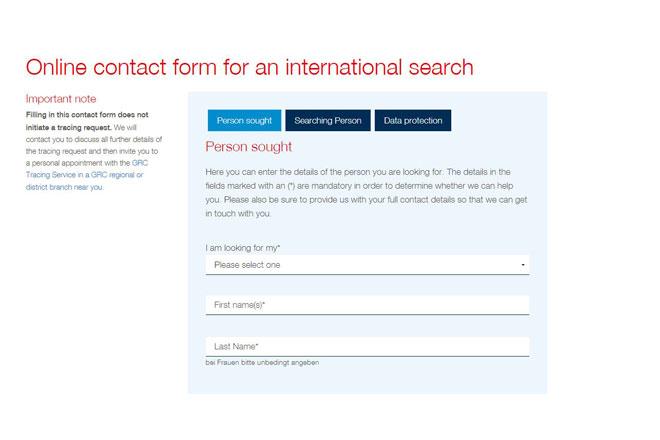Enhancing African Maritime Unity: Tanzania Champions Nigeria’s Bid for IMO Council Membership
In a significant move underscoring pan-African solidarity, Tanzania has formally endorsed Nigeria’s pursuit of a non-permanent seat on the International Maritime Organization (IMO) Council. This endorsement, announced during recent high-level diplomatic engagements between the two nations, reflects their shared commitment to strengthening maritime cooperation across Africa. Both countries recognize that robust maritime governance is crucial not only for economic development but also for safeguarding security and safety in regional waters.
Tanzania’s backing aligns with its comprehensive agenda to upgrade maritime infrastructure and cultivate stronger regional alliances. Supporting Nigeria’s IMO candidacy enables both nations to elevate their influence within global maritime policy discussions. This partnership highlights the importance of unified African representation in international shipping governance while paving the way for collaborative efforts addressing common marine sector challenges.
Building Robust Maritime Alliances: The Tanzania-Nigeria Partnership
The Tanzanian endorsement represents more than symbolic support; it marks a strategic step toward deepening regional collaboration on maritime affairs. By combining expertise and resources, both countries aim to promote sustainable shipping practices and enhance regulatory frameworks.
Key areas of cooperation emerging from this alliance include:
- Comprehensive Training Initiatives: Establishing joint programs focused on navigation safety, environmental protection, and operational excellence tailored for seafarers from both nations.
- Sharing Operational Best Practices: Exchanging insights on maritime security measures, pollution mitigation techniques, and emergency response protocols.
- Technological Partnerships: Collaborating on investments in advanced marine technologies such as automated port systems and real-time vessel monitoring tools to optimize efficiency.
This cooperative framework promises enhanced economic returns through safer trade corridors while fostering sustainable stewardship of Africa’s extensive marine ecosystems.
The Impact of Unified Maritime Security Efforts on Regional Trade Stability
Tanzania’s public support for Nigeria’s IMO ambitions signals growing awareness across Africa about the necessity of collective action against threats like piracy, illegal fishing, and smuggling—issues that have cost African economies billions annually according to recent data from the International Chamber of Shipping (ICS).
A harmonized approach can bolster investor confidence by ensuring secure passage along critical routes such as the Gulf of Guinea—which handles nearly one-quarter of global oil shipments—and East Africa’s coastal trade arteries essential for continental commerce connectivity.
- Real-Time Intelligence Sharing: Developing interoperable communication networks among naval forces facilitates swift detection and coordinated responses to emerging threats across borders.
- Synchronized Naval Patrols: Joint surveillance operations expand coverage areas effectively deterring illicit activities over vast oceanic zones.
- Cohesive Capacity Development: Cross-border workshops equip personnel with updated skills addressing evolving challenges including cyberattacks targeting port infrastructure resilience.
The cumulative effect nurtures a safer trading environment conducive to expanding intra-African commerce under initiatives like AfCFTA (African Continental Free Trade Area), which UNCTAD projects could increase interregional trade by over $50 billion annually by 2025–2030.
A Strategic Framework for Advancing Tanzania-Nigeria Maritime Collaboration
Sustaining progress demands formalized partnerships structured around mutual priorities. A proposed joint agenda might encompass several key pillars:
- Bilateral Training Exchanges: Rotational programs granting seafarers access to state-of-the-art simulators emphasizing crisis management scenarios unique to West and East African waters;
- Pooled Infrastructure Investments: Co-financing modernization projects at pivotal ports such as Lagos’ Apapa Terminal or Dar es Salaam Port aimed at increasing cargo throughput capacity benefiting broader supply chains;
- Cumulative Research Endeavors: strong >Joint studies analyzing post-pandemic shifts in trade flows or climate change impacts help inform adaptive policies enhancing sector resilience; li >
| Focus Area | Recommended Actions |
|---|---|
| Maritime Security Coordination | Scheduling joint naval patrols; establishing shared command centers |
| Information Exchange Systems | Developing interoperable digital platforms enabling real-time data sharing among relevant agencies |
This integrated strategy will empower both countries economically while amplifying their geopolitical influence—strengthening their voice within international forums shaping future regulations governing global shipping lanes amid escalating geopolitical complexities worldwide. p >
Navigating Ahead: The Critical Role of Unified African Representation in Global Maritime Governance
< p >Tanzania’s endorsement exemplifies how collective ambition can translate into meaningful advancements within complex multilateral settings. As these two nations deepen collaboration through resource sharing & aligned policies focused on elevating safety standards & environmental safeguards along Africa’s coastlines—their partnership serves as an inspiring model encouraging other African states toward similar cooperative ventures.< / p >
< p >With global shipping volumes forecasted by UNCTAD to grow approximately four percent annually over the next decade,Africa is positioned not merely as a beneficiary but an active architect shaping future international maritime policies through united efforts championed by alliances like Tanzania-Nigeria at IMO forums.< /a> p >

